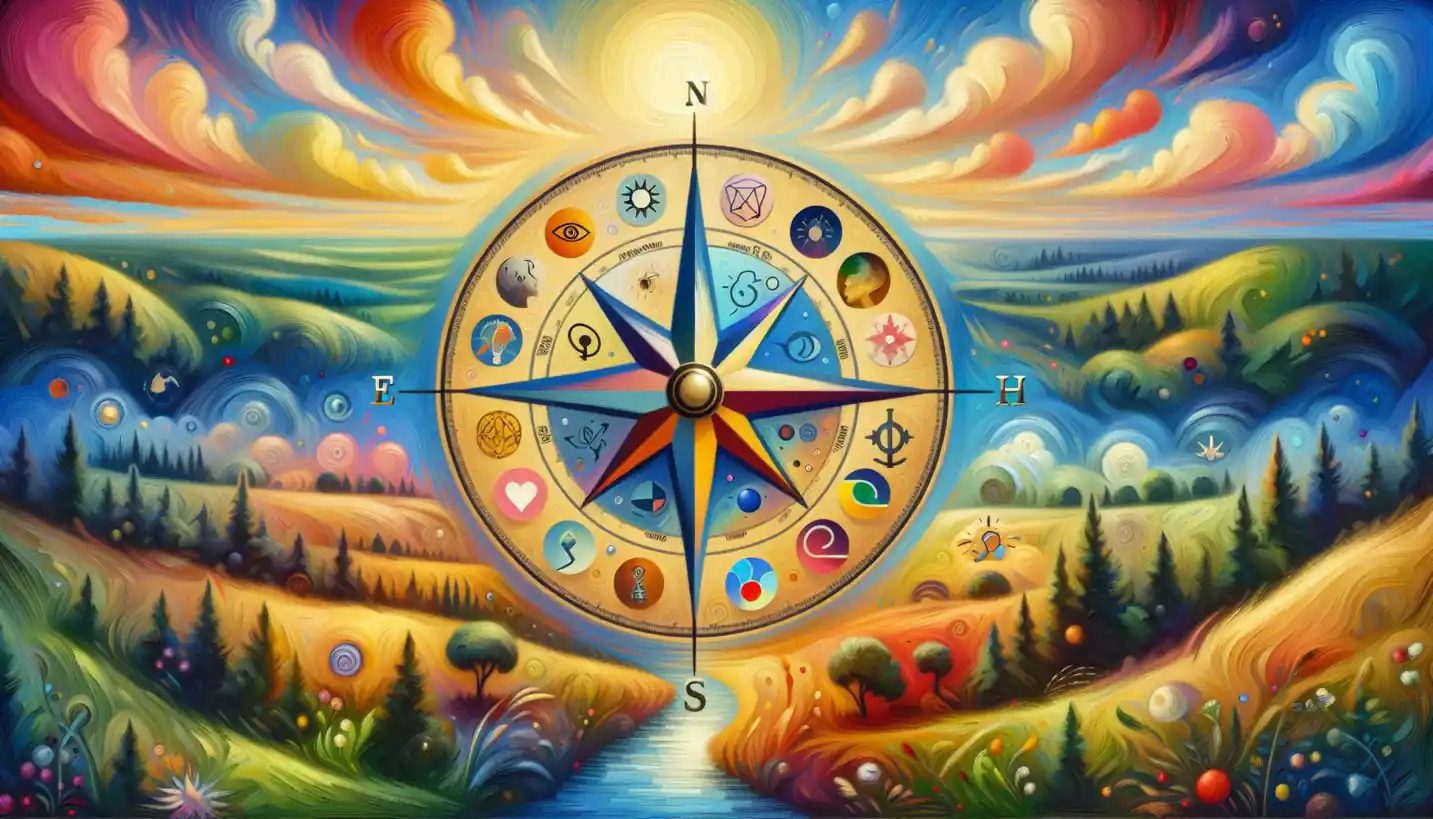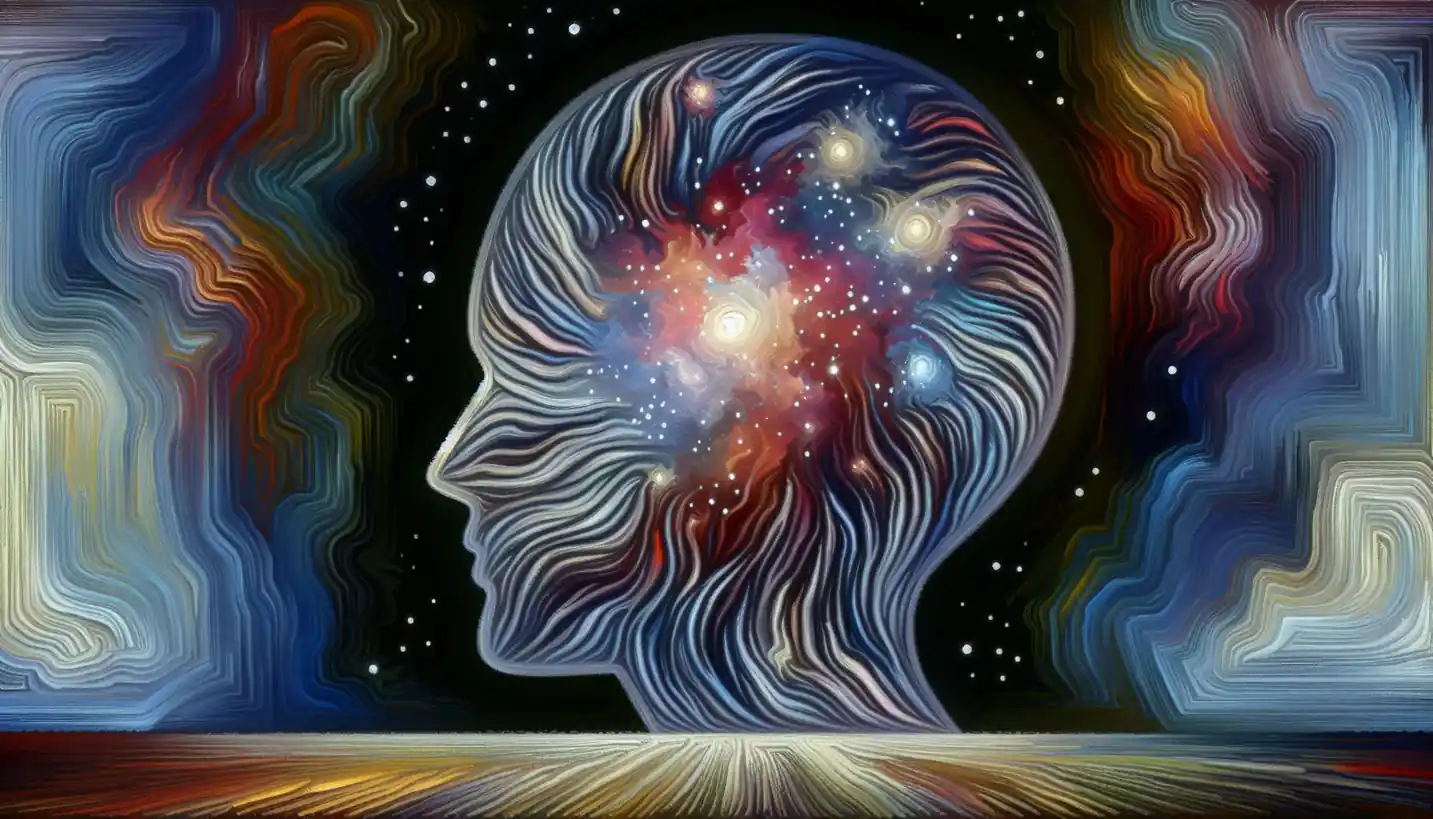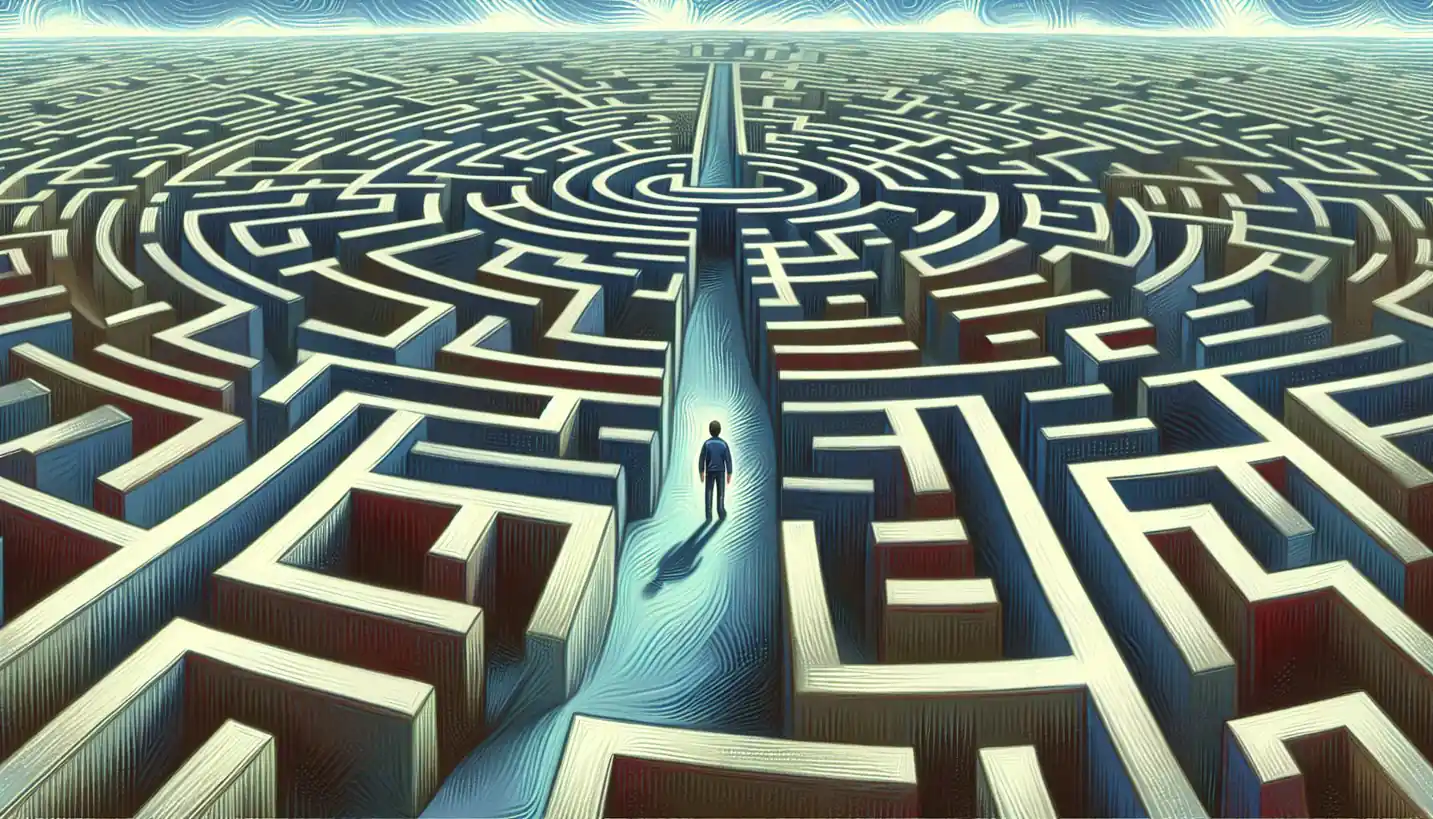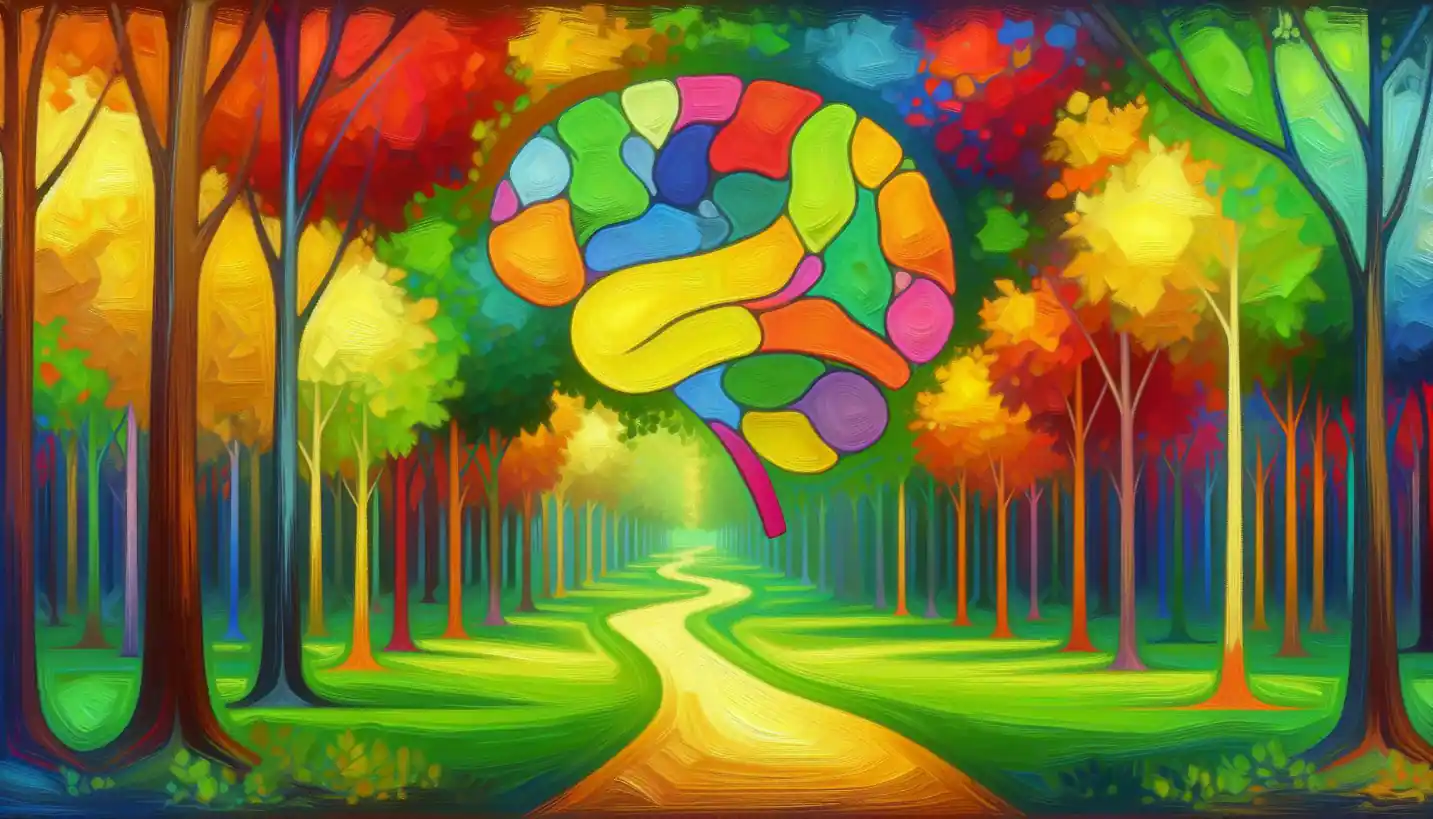· Psychology · 5 min read
Flashbulb Memory: A Deep Dive into the Mind's Snapshot
Flashbulb memory captures vivid snapshots of significant moments. Dive into how these memories are preserved in cognitive psychology.

It’s a typical day, and you’re sipping your morning coffee, scrolling through the news. Suddenly, you come across an event so shocking that it feels like your brain just took a picture of everything around you – the room, the smells, the sounds. This vivid mental “snapshot” is what psychologists call a flashbulb memory. But how do these memories work, and why do they matter?
What Are Flashbulb Memories?
Flashbulb memories are those vivid and highly detailed recollections of significant events. Think of them as high-definition snapshots that capture the where, who, and how you felt at a particular moment. The concept comes from cognitive psychology and illustrates the brain’s incredible ability to log certain experiences with remarkable clarity.
Imagine being at a dinner party when you hear about an unexpected event – like winning a big lottery. Chances are, you’ll remember not just the news, but the color of the curtains, the taste of the food, and even what your friend was wearing. This is a flashbulb memory in action.
How Do Flashbulb Memories Form?
Our brains are constantly processing a flood of information, but not everything sticks with us. So why do flashbulb memories form? The key lies in emotion. Emotional experiences trigger a part of the brain called the amygdala, which plays a pivotal role in forming these vivid memories.
Now, it’s like an emotional spark plugs the memory into our brain with much more clarity than regular events. The emotional intensity and personal significance of an event are the driving forces behind this phenomenon.
Are Flashbulb Memories Accurate?
While they feel incredibly real and detailed, flashbulb memories aren’t always the paragons of accuracy we think they are. They can be filled with errors and distortions. Studies show that people often recall the gist correctly but get the specifics wrong. Think of it like a game of telephone – we keep the main message but lose or alter some details.
To illustrate, many people vividly recall what they were doing during major events, like the end of a war or the announcement of a celebrity’s passing. However, years later, if asked to retell these memories, small inconsistencies may creep in. Our brains are imperfect recorders, embellishing or even altering the story upon retelling.
The Science Behind Flashbulb Memories
Scientists are fascinated by these vivid recollections and often debate the exact science behind them. The involvement of emotion, particularly fear or surprise, appears to strengthen the neural pathways that encode these memories. The amygdala and hippocampus, regions in the brain responsible for processing emotion and memory, work together to cement these events.
This process has evolutionary advantages too. By remembering highly emotional events vividly, our ancestors were possibly better prepared for future dangers. Knowing which path led to a dangerous predator would be crucial for survival.
The Power and Influence of Flashbulb Memories
Flashbulb memories are more than just snippets of the past; they influence our emotions and can impact our decisions. They hold significant personal meaning and often shape how we perceive events or interpret news. If you’ve ever experienced deja vu reading an impactful story, you might have dipped back into a flashbulb memory.
The collective sharing of these memories across a society can also form a shared history. For instance, many people talk about where they were during landmark historical events, creating a kind of cultural flashbulb memory that stitches communities together through shared recollections.
Can We Enhance Memory Like Flashbulb Moments?
Given the vividness of flashbulb memories, it’s natural to wonder if we can train our brains to hold more memories this way. While replicating flashbulb memory conditions isn’t straightforward, engaging emotions and storytelling can help improve memory retention.
For example, students often use storytelling methods to memorize complex information. By associating emotions with study materials, some students find they can replicate the flashbulb effect and retain information more efficiently.
Are Flashbulb Memories Unique?
While unique in their clarity, flashbulb memories share some common ground with other types. Episodic memories, which recall personal experiences, often have emotional contexts that make them vivid. Flashbulb memories stand out because of their unexpectedness and the accompanying emotional surge.
Next time you recall a vivid memory from the past, take a moment to reflect on the emotion tied to it. You’ll likely find that this emotional component is key to why you remember it so clearly.
Flashbulb Memories in Everyday Life
These memories can influence our everyday lives in subtle yet profound ways. They can affect our perceptions, biases, and even interpersonal relationships. As you share memories with others, the details form a narrative that influences both your view of the world and your place within it.
Furthermore, understanding the nature of these memories can help in therapeutic contexts. By exploring flashbulb memories, therapists help individuals unpack significant life events and manage emotional responses.
Final Thoughts
Flashbulb memories are fascinating glimpses into how our minds work, blending emotion with vivid recall. They highlight the brain’s complex mechanisms for integrating experience, and while not always perfect, offer an incredible means of preserving our personal histories. Whether it’s remembering world events or personal milestones, these memories remain a testament to our intricate cognitive wiring – snapshots of our lives that often linger long after the moment has passed.
Next time you experience a powerful emotional event, take note of your surroundings. You might just be capturing a flashbulb memory, an indelible print in the gallery of your mind.



